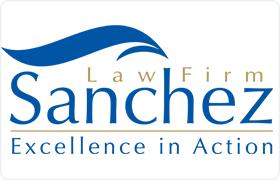Manor Eminent Domain Lawyer, Texas
Sponsored Law Firm
-
 x
x

Click For More Info:
-
Sanchez Law Firm
150 W. Parker Rd. 3rd Floor Houston, TX 77076» view mapReal Estate Excellence In Action
We advocate for our clients in and out of court. When you and the system meet head on, you need an attorney who is experienced, credible, and active.
800-785-3351
Christian Scott Brooks
Commercial Real Estate, Eminent Domain, Civil Rights, Property & Casualty
Status: In Good Standing *Status is reviewed annually. For latest information visit here Licensed: 23 Years
 Benjamin Sanchez Houston, TX
Benjamin Sanchez Houston, TX Practice AreasExpertise
Practice AreasExpertise